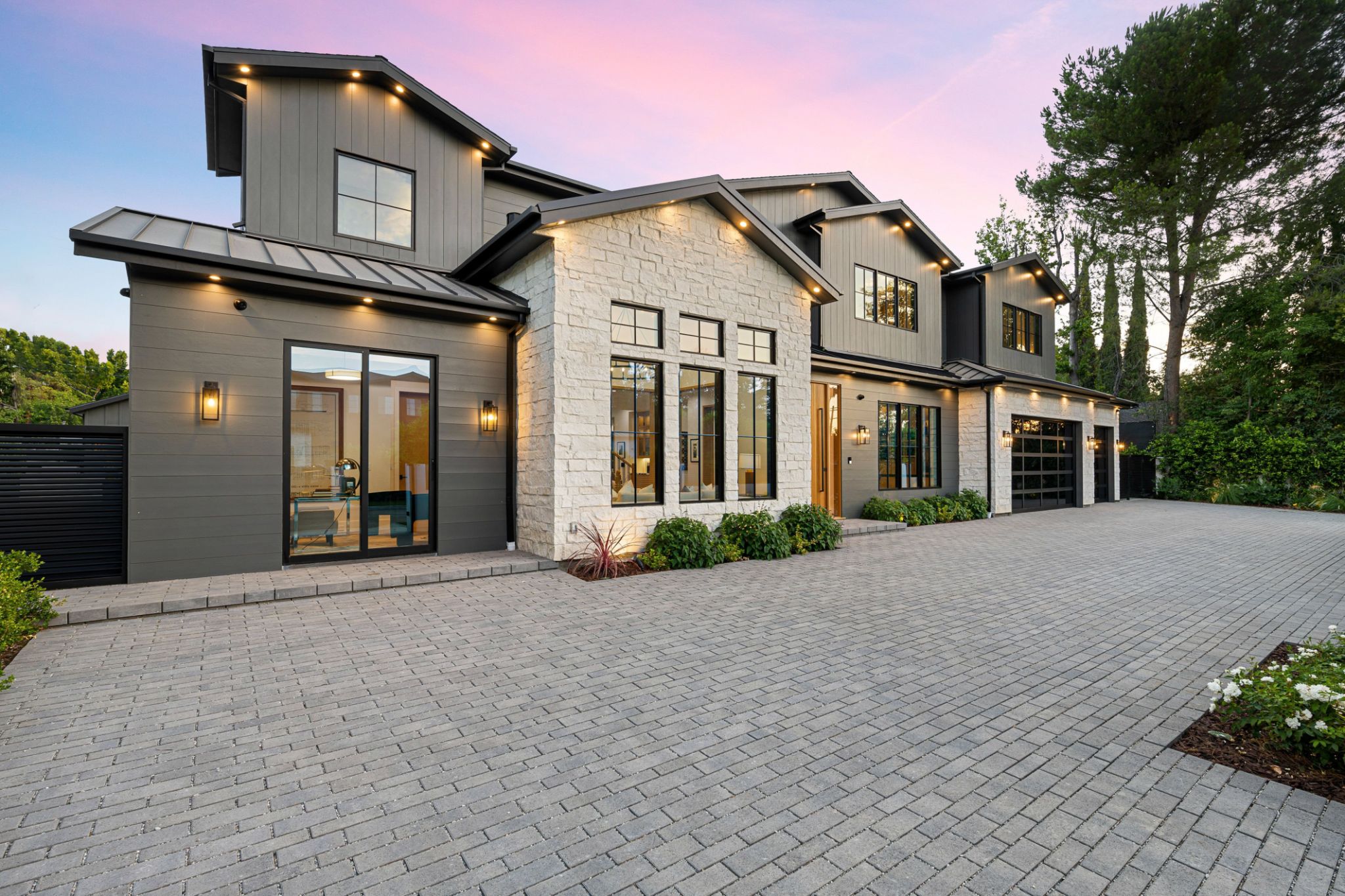How Window Tinting Can Save You Money on Energy Bills
Understanding the Benefits of Window Tinting
Window tinting is often associated with cars, but its benefits extend significantly to homes and offices. By applying a thin film to your windows, you can effectively reduce the amount of heat entering your space. This results in a more comfortable environment and can lead to substantial savings on your energy bills.

How Window Tinting Reduces Energy Costs
Window tinting works by blocking a significant portion of the sun’s heat. During the summer months, this can reduce the need for air conditioning, allowing your cooling system to run more efficiently. With less strain on your HVAC system, you'll notice a decrease in energy consumption and, consequently, lower utility bills.
In addition to cooling benefits, window tinting can also help retain heat during the colder months. This dual functionality makes it a versatile investment for year-round energy savings.
Additional Benefits of Window Tinting
Beyond energy savings, window tinting provides other advantages. It reduces glare, making it easier to enjoy natural light without straining your eyes. Furthermore, it offers protection against harmful UV rays, which can fade furnishings and damage your skin over time.

Environmental Impact
By reducing your energy consumption, window tinting contributes to a smaller carbon footprint. Lower energy usage means less demand on power plants, leading to fewer greenhouse gas emissions. This makes window tinting an environmentally friendly choice for conscientious homeowners and businesses.
Consider window tinting as part of a broader strategy to enhance your building's energy efficiency. Alongside other measures like improved insulation and energy-efficient appliances, it can play a crucial role in reducing overall energy usage.
Cost-Effectiveness and Return on Investment
One of the most appealing aspects of window tinting is its cost-effectiveness. The initial investment is relatively low compared to other energy-saving solutions. Over time, the reduction in energy bills can cover the cost of installation, making it a smart financial decision.

Choosing the Right Window Tint
When considering window tinting, it’s important to choose the right type of film for your needs. Options range from basic films to high-performance varieties that offer increased heat and UV protection. Consulting with a professional can help you make an informed choice that maximizes your energy savings.
Remember, quality installation is key. A poorly applied film won’t provide the same benefits and may even lead to additional costs down the line.
